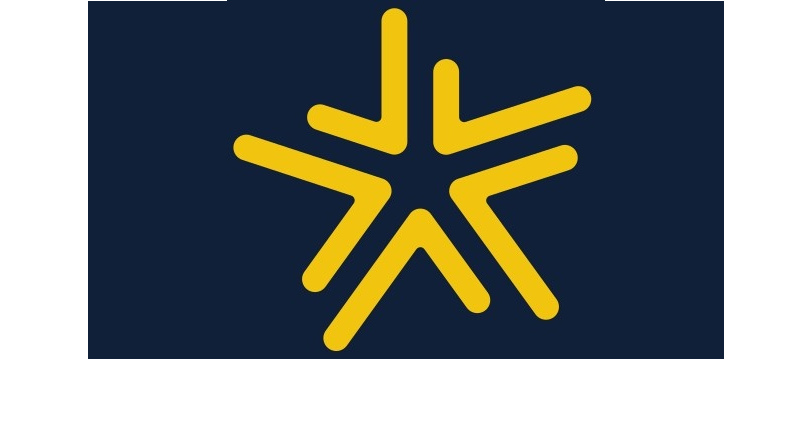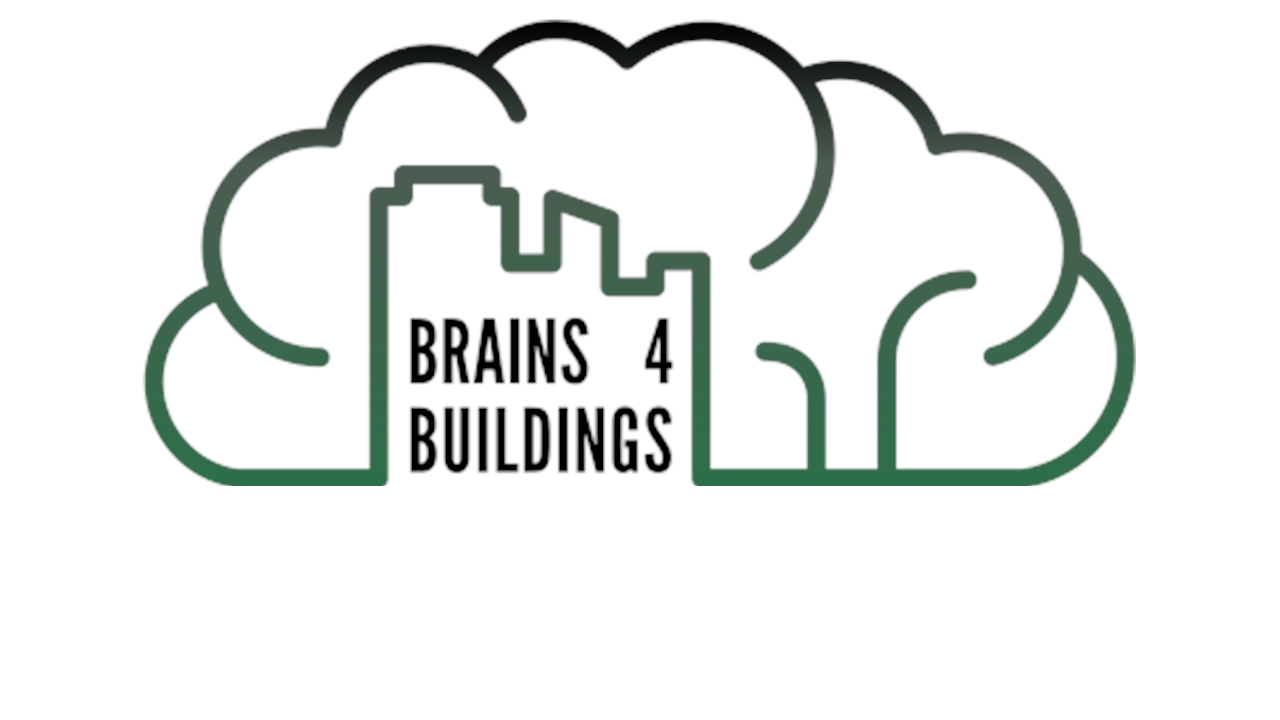
Complex and challenging decisions: the STAR Lab team explores trustworthy fundamental AI to help people make better decisions in situations from sustainable logistics, to robust planning under uncertainty, to fair energy markets.

Complex and challenging decisions: the STAR Lab team explores trustworthy fundamental AI to help people make better decisions in situations from sustainable logistics, to robust planning under uncertainty, to fair energy markets.

Sustainable terminal services
Optimisation
Uncertainty
Simulation

Data-driven building optimisation
Uncertainty
Optimisation
Philippe Van Mastrigt, MSc, graduated on "Incorporating Uncertainty into Supply Chain Life Cycle Optimization"
MABS 2025 workshop post-proceedings, "An Agent-Based Model of Administrative Corruption in Hierarchical Organisations" (preprint pdf)
European Journal on Artificial Intelligence, "Neuro-Symbolic Enterprise Optimisation"
AAMAS 2026, "Towards Strengthening Decentralized Exchange"
Journal of Process Control, "On Data-Driven Robust Optimization with Multiple Uncertainty Subsets: Unified Uncertainty Set Representation and Mitigating Conservatism" (pdf)
"Deep Learning-Accelerated Multi-Start Large Neighborhood Search for Real-time Freight Bundling" (arxiv)
STAR Lab Director will serve as General Co-Chair for AAMAS'27
Travel Behaviour and Society, "Extracting Socio-Psychological Perceptions for Analysis of Travel Behaviours" (pdf)
RILEM 2026 Spring Convention, "Real-Time Prediction of Mortar Workability Using Multi-Modal Deep Learning"
Jasper Klein Kranenbarg, MSc, graduated on "Proactive-Reactive Rescheduling for RCMPSP/max using Exact Methods"
International Journal of Electrical Power and Energy Systems, "Exposing a Locational Energy Market to Uncertainty" (pdf)
Carlos March Moya, PortCall.Zero project
Ngân Hà Dương, Hermes project
STAR Lab director joins the editorial board of ACM AI Letters